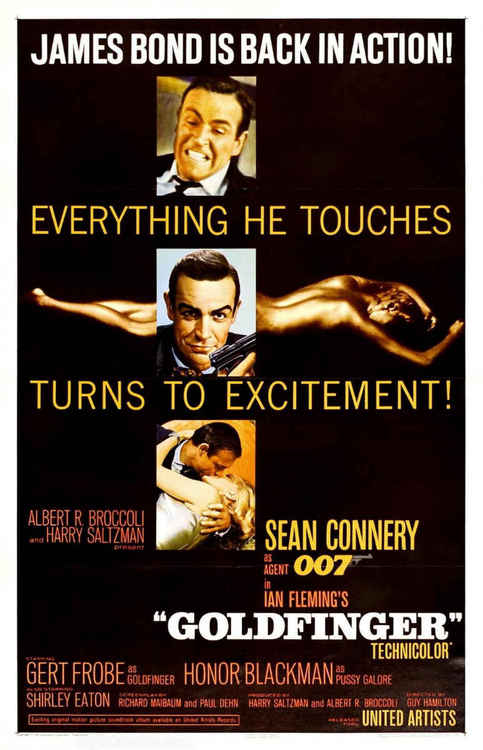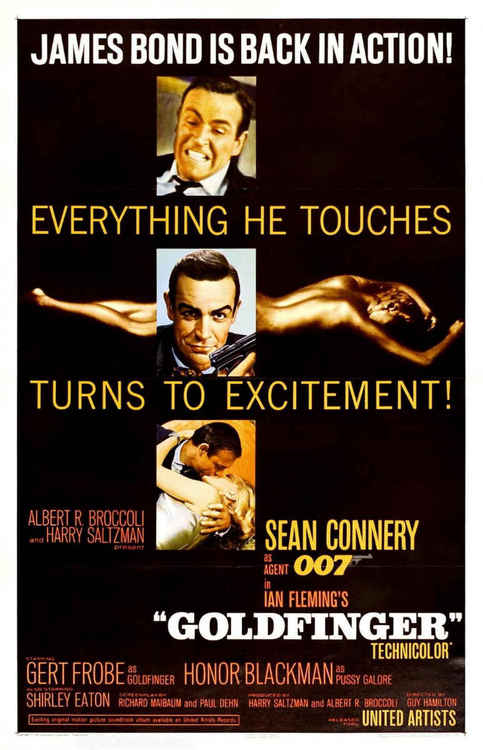James Bond’s Goldfinger: What do we value?

Connery’s third Bond installment in my family’s recent Bond journey is based on a tried and true premise of “break into Fort Knox, steal all the gold”. The movie is classic Bond, thankfully high on gadgets and action and low(ish) on Bond’s propensity to sleep around.
The movie has me asking a common question as to why we value gold and the notion of “monyness“. I understand standard answers of its uses, permanence, scarcity, and difficulty to replicate. But I still come back to a response that it is valued because it is something we decide has value.
I was having dinner with a university researcher in the mining industry the other night who commented on the financial and human investment in digging up material just so we can hide the majority of it back underground. Some sites note over 95% of gold is held as wealth store while others state jewelry accounts for 78% of the gold consumed each year.
Like most, I trust in the wisdom of economists and financial experts. What do I do then when an economic expert such as Warren Buffet comes out and dismisses gold as a valueless asset saying that it has no inherent value?
James Bond values his job, fast action and accessible women, the latter aspect being a potential concern for continuing the series as a family exercise. Goldfinger valued power and gold for gold’s sake.
As the credits roll on our life, what is it that people will say we valued? Will 95% of what we brought up with our efforts be buried with us? Such questions are for a different type of action movie of our lives.

